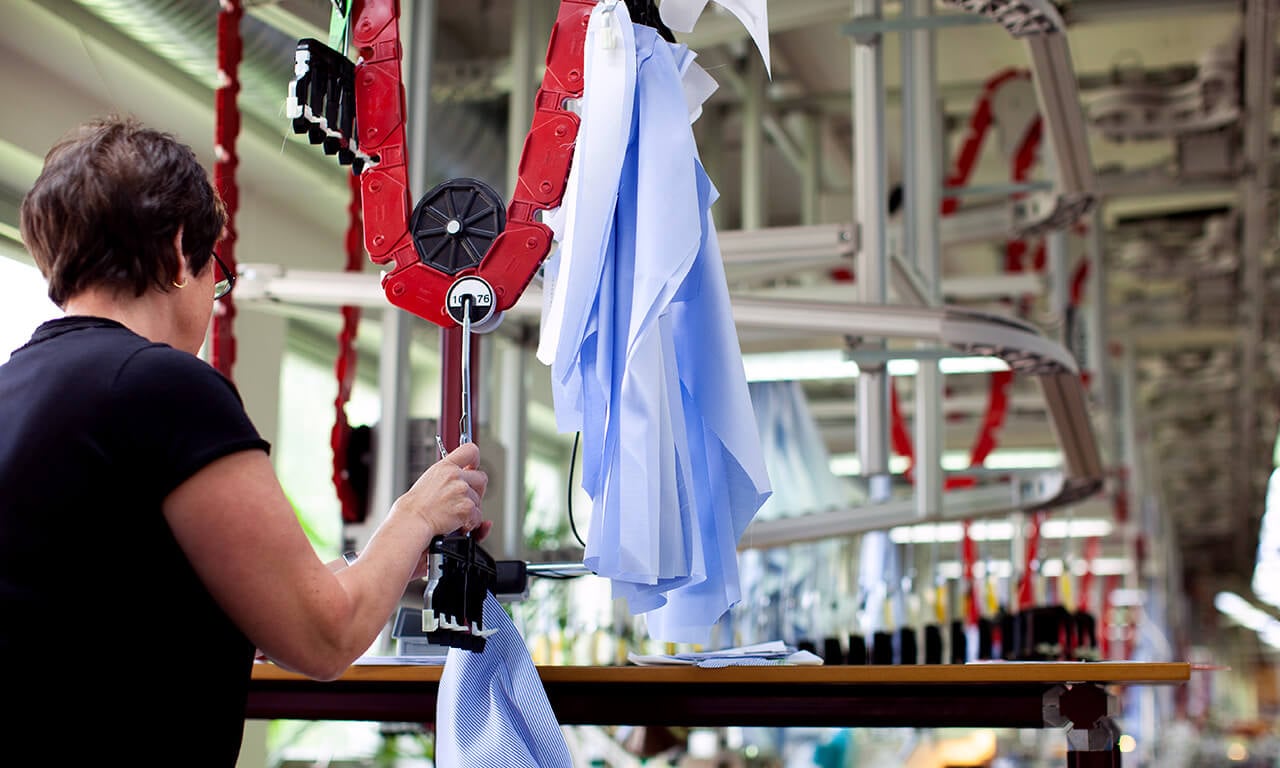The past year and a half have put an enormous strain on supply chains across the globe. Closed borders, reduced production capacity and general global uncertainty in the wake of the corona pandemic has been the main culprit. But recent events in the Suez Canal have also shown the vulnerability in our supply chains, where a seemingly trivial grounding created immediate shortage in western supply of industrial and consumer goods, with companies losing billions of dollars.
To say the least, many companies have started to question the norm of outsourcing production, involving complex and fragile supply chains. Seeing what’s at stake when things go wrong, the economic equation is not as simple as before. Reshoring – to bring production closer to home – has become a hot topic. But what are the advantages and what companies will benefit the most?
Automation and robotization creates opportunities closer to home
There is perhaps an answer to why the discussion of reshoring has taken hold right now. It’s not the first time that supply chains have failed, but it’s the first time when it’s actually a feasible solution to bring production home – to reshore. The solution spells increased automation and robotization of the production process. With increased pressure on decreasing carbon emissions, more and more companies are also looking for ways to be more sustainable. The possibility of reducing transport emissions creates another powerful incentive to bring production closer to home.
At Eton Systems we know the power automation. Our systems help producers across the world to reduce manual labor and increase efficiency in production. This evens out some of the differences between production in high-cost countries and low-cost countries, making reshoring a feasible option. But not yet big enough. We don’t believe there will be a total shift in production, certainly not in the textile business. But we do believe it creates opportunities for companies to diversify and future-proof their companies. Creating a diversified production portfolio, with a mix of production facilities, some closer to home, not only makes for a more secure product supply, it also brings other advantages. According to Norwegian economist Henrik Brynthe Lund, Norwegian companies have benefited from having production facilities closer to home by being able to be more flexible in adjusting production to meet new demands. They can also make continuous tweaks and changes in the product and production process, something which is difficult when the production takes place in on the other side of the world.
We are firm believers in the power of automation and welcome the discussion of reshoring. Every day, we help our customers achieve a more effective production process which decreases lead times and saves manual labor, shifting the focus from handling inefficiencies and production defects. This creates new opportunities to diversify and future-proof the production process, while aiding sustainable solutions and innovation in the process.






